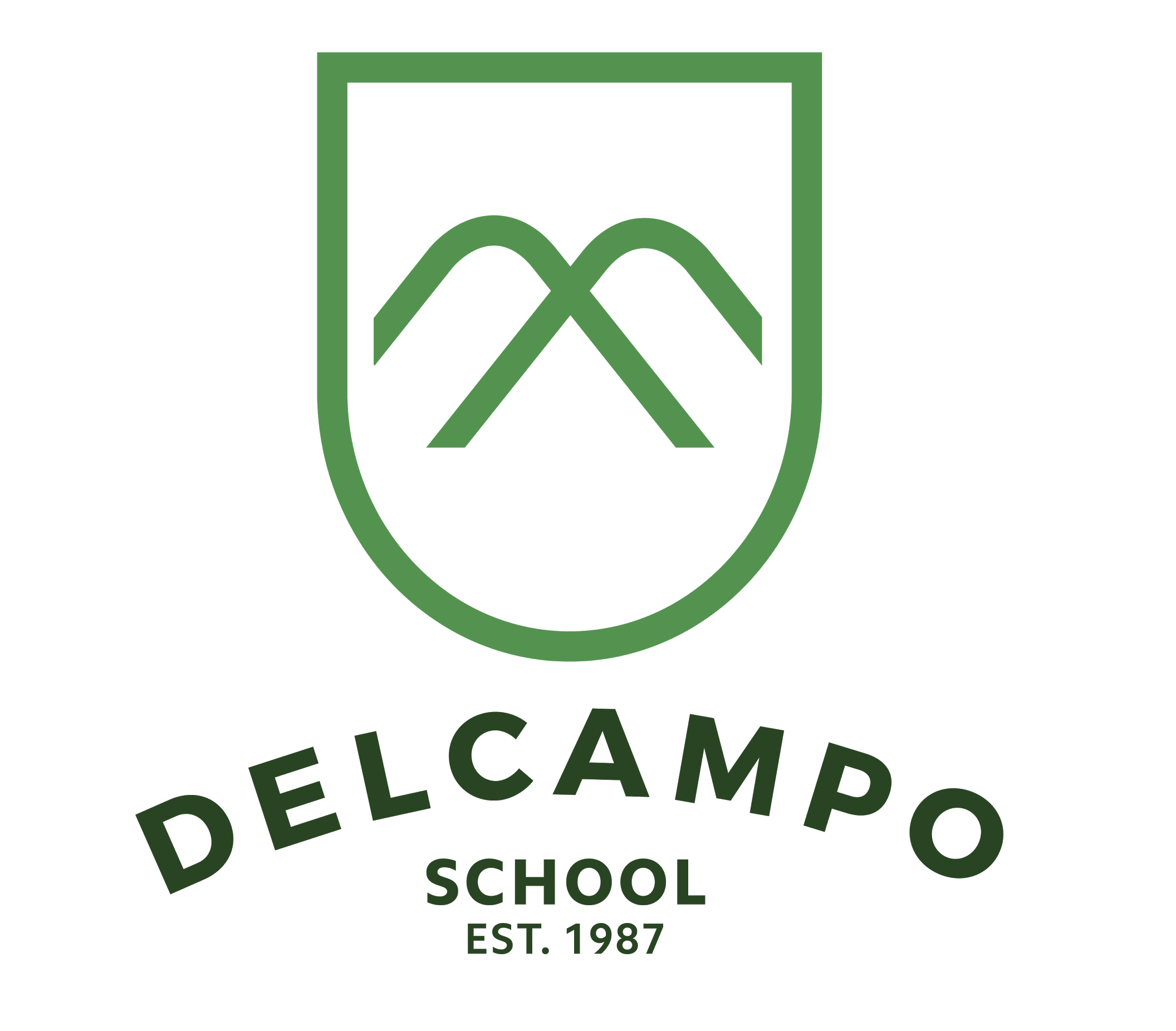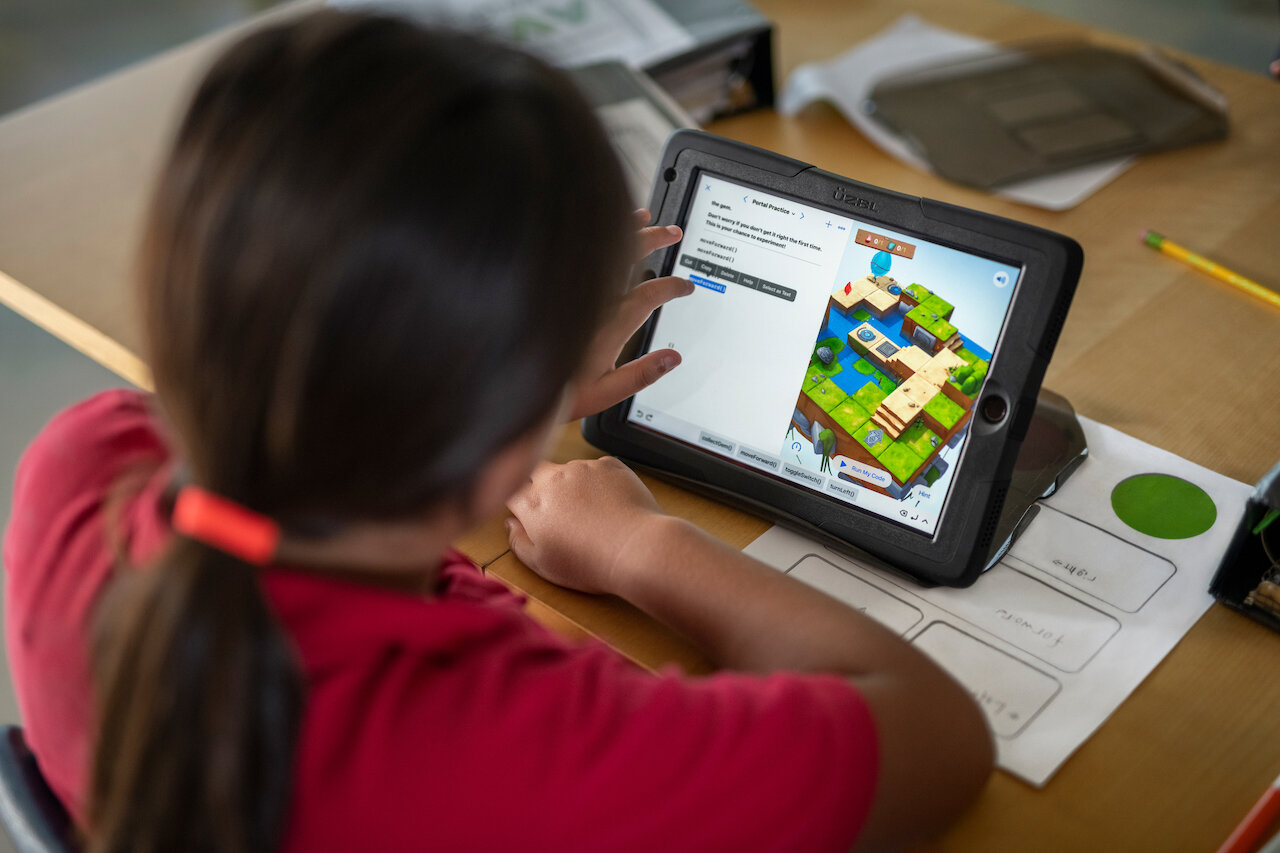How Did DelCampo School Manage To Continue Teaching Despite The COVID-19?
¿Desea leer este Blog Post en Español?
For DelCampo School, the closing of its campus does not interrupt its daily activities. We continue to teach classes during regular school hours from 7:30 am to 2:30 pm. The most significant change is the student's physical environment. Instead of receiving classes at school, students receive their courses from home. Teachers and students virtually interact with each other, using their iPads at their usual schedule.
Countdown!
All the time previously invested in preparing for a possible school closure scenario was put to the test during the December 2017 disturbances. DCS Virtual Education Platform, which included virtual lesson plans, instructional, and assessment strategies, was launched as we had to cancel classes. This experience helped us understand the magnitude of this challenge and modify details to optimize it.
It all started about a month ago when faced with the possibility of having to close our campus due to COVID-19. All pre-established protocols, including continuity plans, were activated. Everyone began preparing to be able to serve our community virtually.
Two weeks before the Ministry of Education announced the closure of schools nationwide, DelCampo School was contacted by the Minister of Education to inquire about our contingency plans. With great pride and humility, we can say that DelCampo School is a "role model" for both public and private schools in Honduras. It gives us great joy and satisfaction to be able to fulfill our vision: "to inspire and be inspired by high-quality education."
Why the complexity?
Apple Inc.
To put things into perspective, let's take the example of multinational companies that have approximately 400 to 600 employees in Honduras. To continue their daily work from home, these companies must provide robust virtual platforms, portable electronic resources, and advanced operating and accounting systems to support and protect business relationships with their clients. In our case, DelCampo School must provide the same services to 1,300 students and more than 300 staff.
Since Friday, March 13, our students are receiving classes from home starting at 7:25 am. They log into their virtual classrooms with their iPads. They achieve synchronized interactions with their teachers and classmates through live sessions. Every 60 minutes, they change subjects. Teachers continue to use active and collaborative teaching strategies, and both classwork and homework are turned-in through virtual platforms.
With this cutting edge technology, DelCampo School not only seeks the continuity of high-quality teaching and learning opportunities but also aims to ensure the emotional and physical well-being of its students. For example, our Counseling Department is continuously providing emotional support, stress management tips, virtual study skills, strategies on how to build resiliency, and offering conference calls for students that need more one-on-one counseling.
DCS also understands that physical health is fundamental for student well-being. Our Physical Education and Athletic Department are implementing virtual exercise routines for students to practice three times a week.
Currently, more than 75% of our staff is working from home; hence, DCS can service all members of its community virtually. For example, our General Practitioner has medical consultations as needed. The IT Department is continuously supporting students, teachers, parents, and DCS staff with specialized tools that allow them to troubleshoot and offer support remotely. Our Finance and Accounting Departments continue their daily tasks to ensure that our staff receives their salary on time, and parents can make their payments from home.
How did we do it?
We can accomplish this enormous task due to strategic decisions implemented over 7 years ago, beginning with our One-to-one iPad initiative.
To support DCS Virtual Education Platform, appropriate strategic investments were made. Tailor-made implementations of virtual systems were necessary to meet the diverse and complex educational needs of our population. These included video conferences between students, teachers and all members of staff.
To achieve sustainable success, DCS had to train all teaching and administrative staff on how to maximize the use of all these systems to meet the needs of our community and to be able to teach an effective class where the students are at the center of their own learning.
Likewise, DelCampo School had to modify all its organizational processes to support its "work-from-home" initiative.
This initiative is more than a temporary patch or improvised strategy.
An implementation as complex as this one has not been easy; however, it's well worth it. First, we honor our day-to-day commitment to provide the highest quality education and cutting-edge tools to foster student potential even in challenging, uncertain, and unprecedented times.
Second, significant steps were made to keep up-to-date with global educational trends where our academic, teaching, and administrative leaders can service every member of our community and provide continuity of learning for our students.
Today more than ever, DelCampo School students can adapt to the demands of a continually changing world.
Our mission to foster students' highest potential is quite audacious, so we know that each day taught brings us closer to fulfilling it. Today, DelCampo School is considered a world-class school, and we are a proud example of innovation in Honduras.


